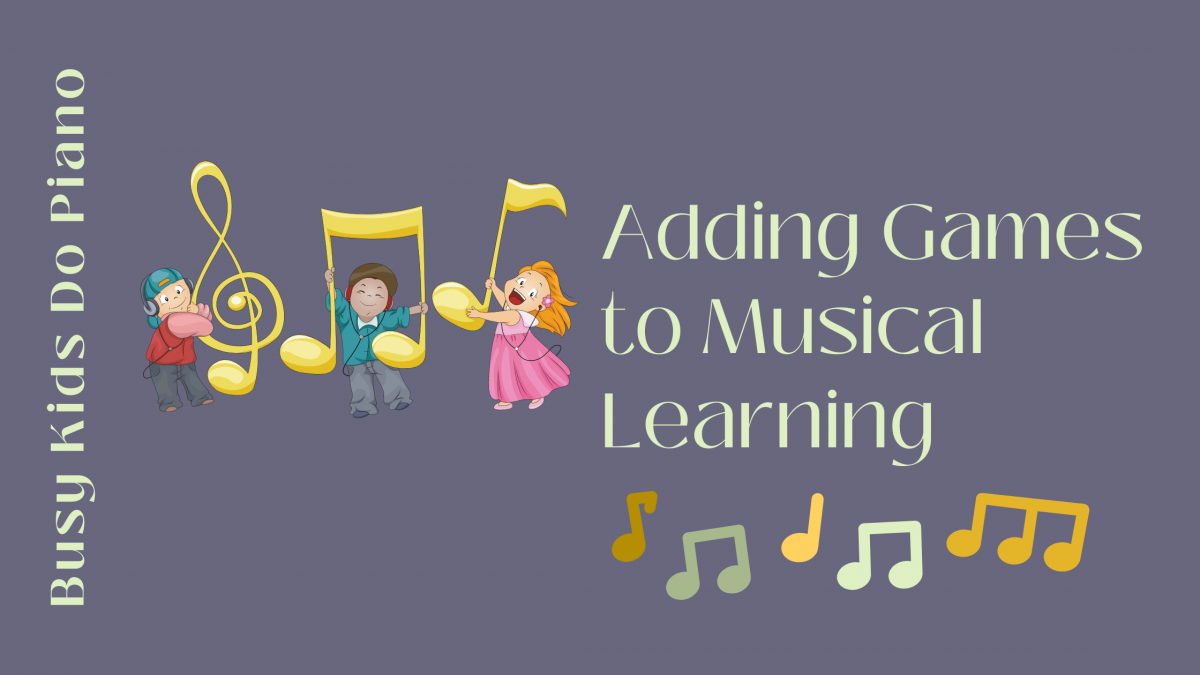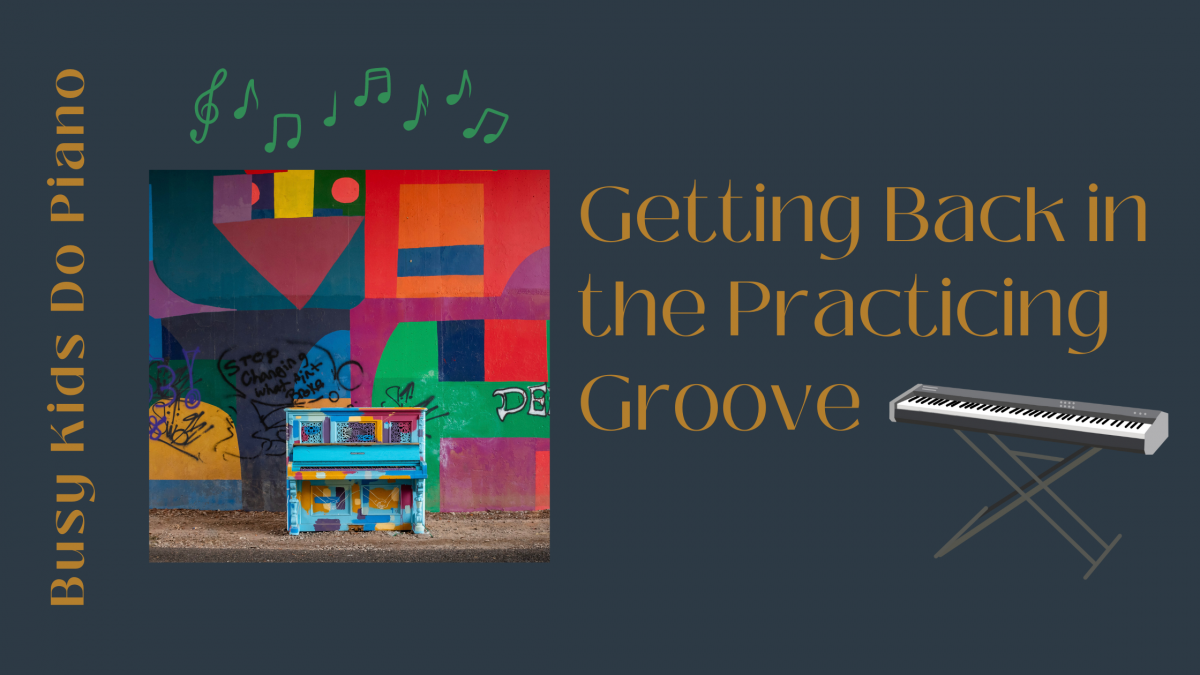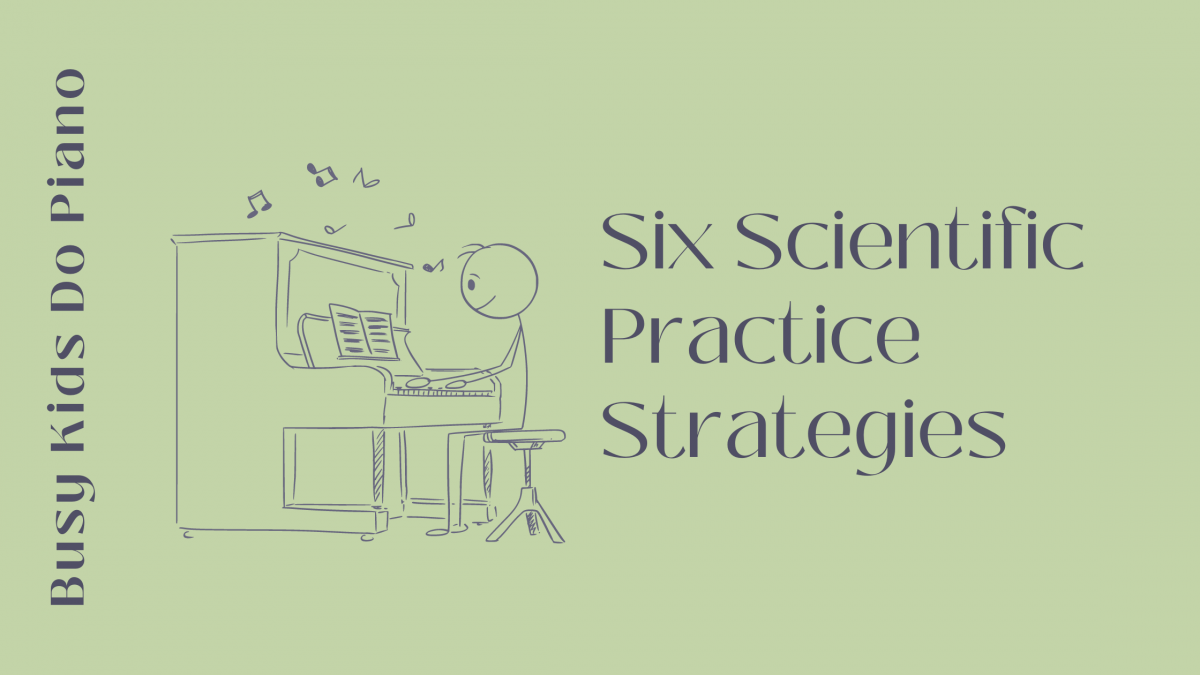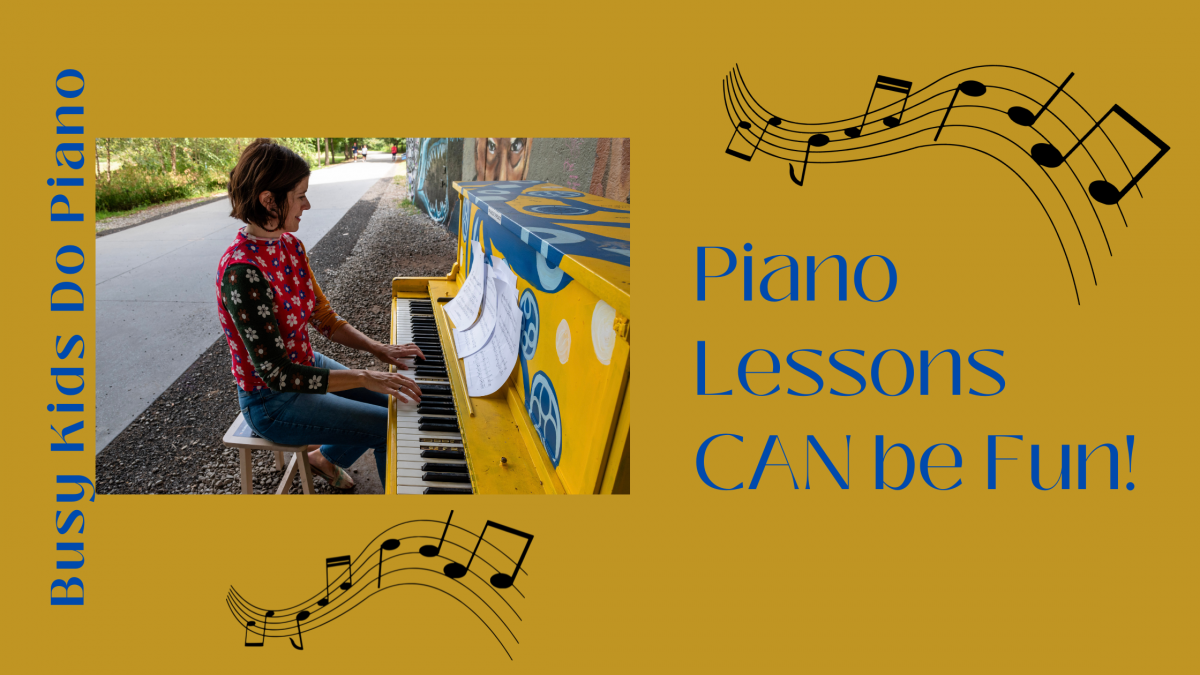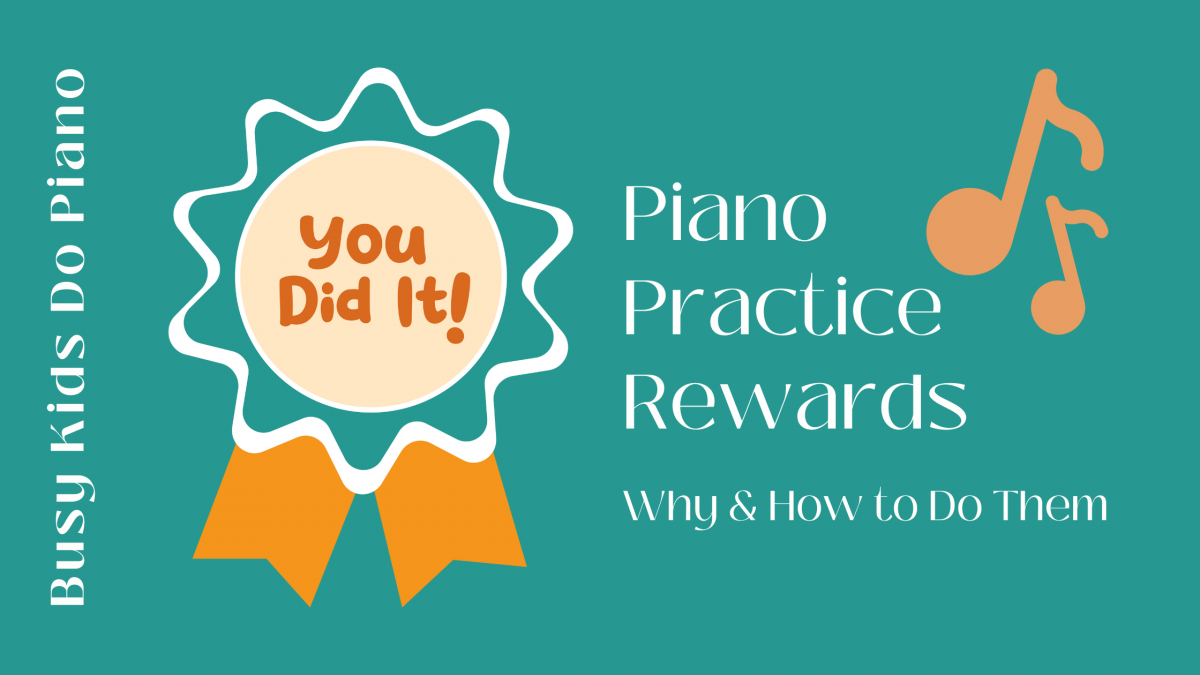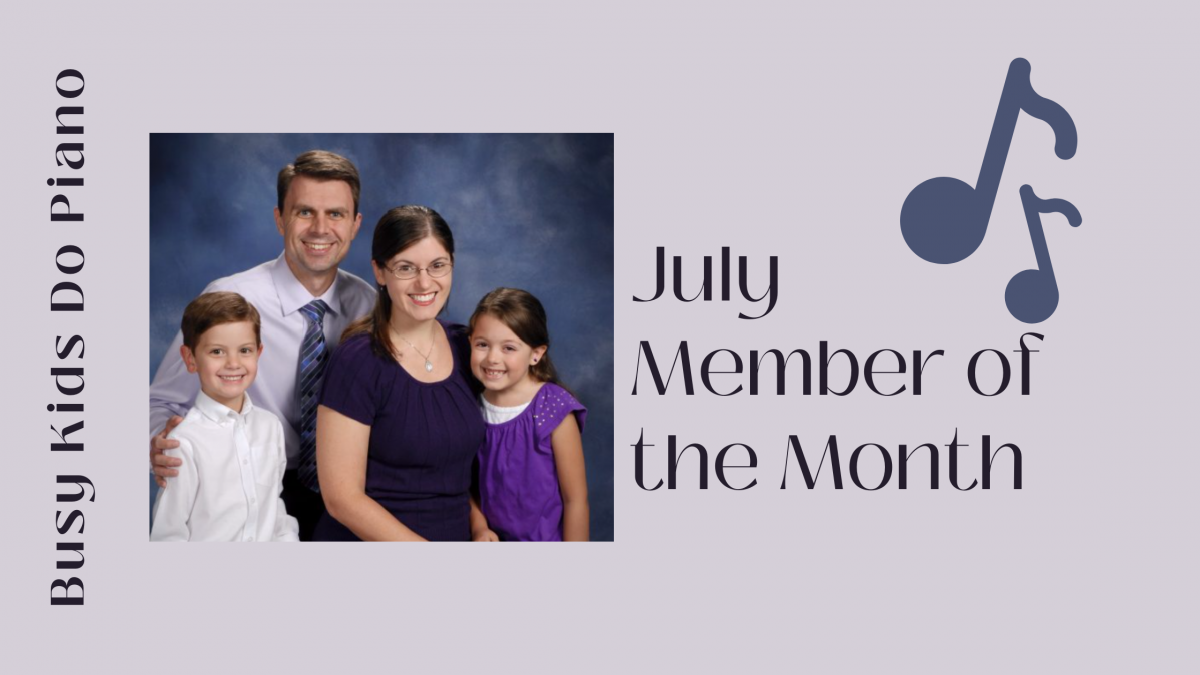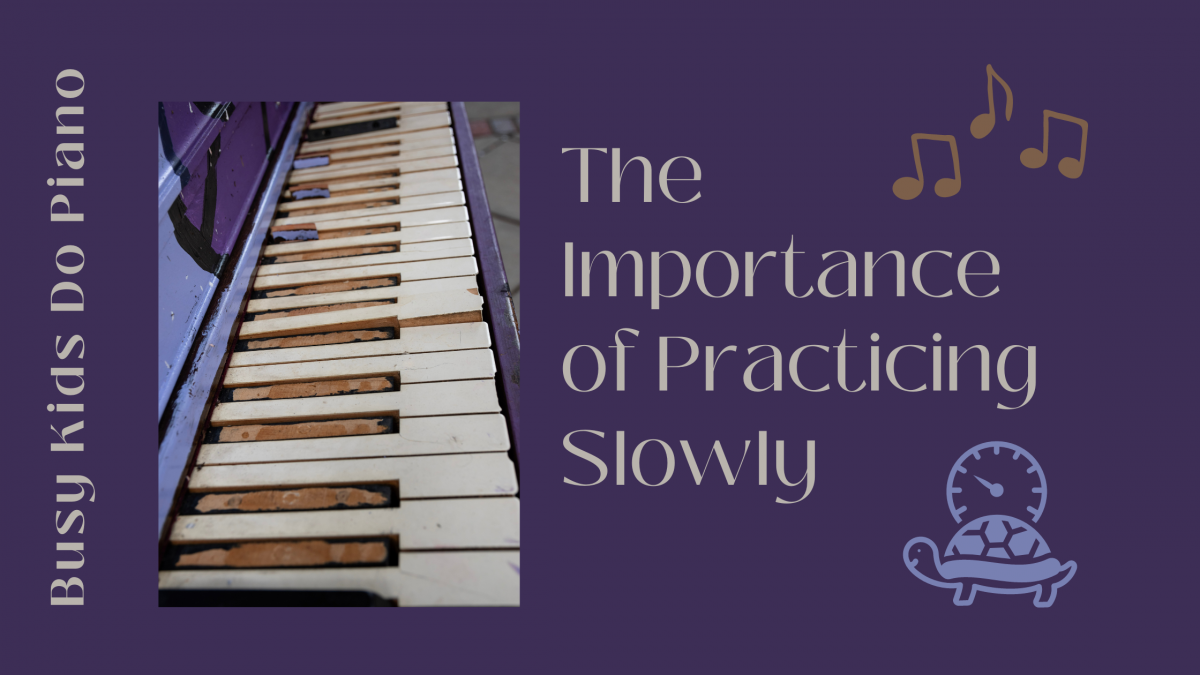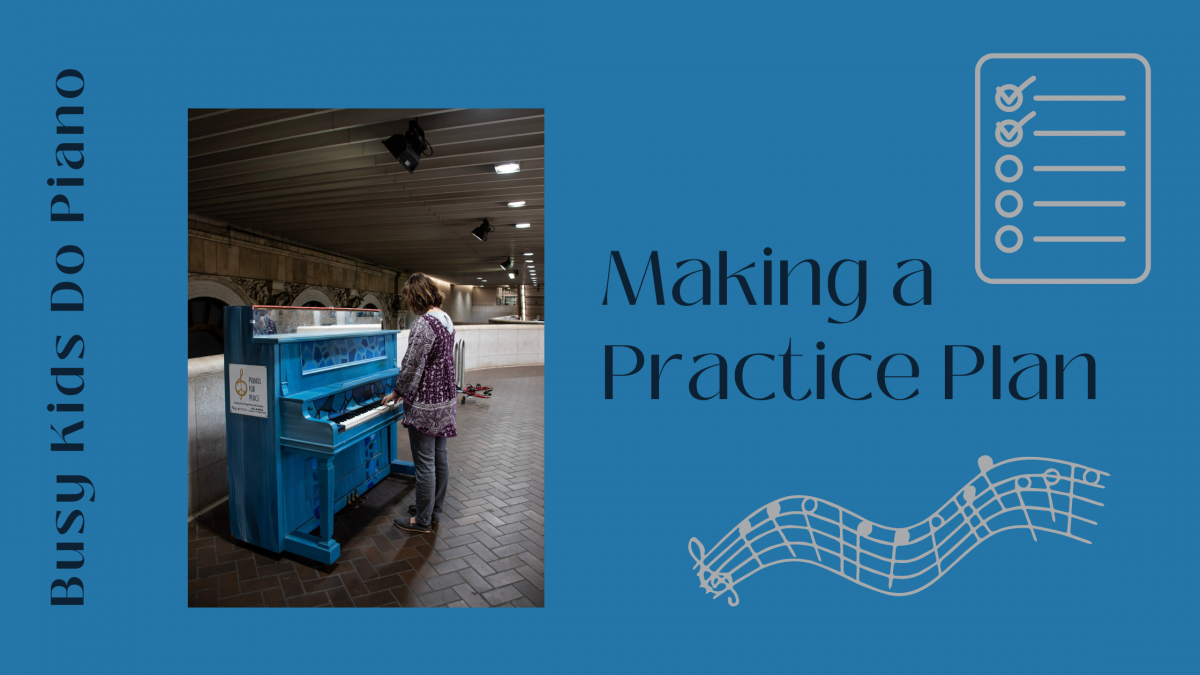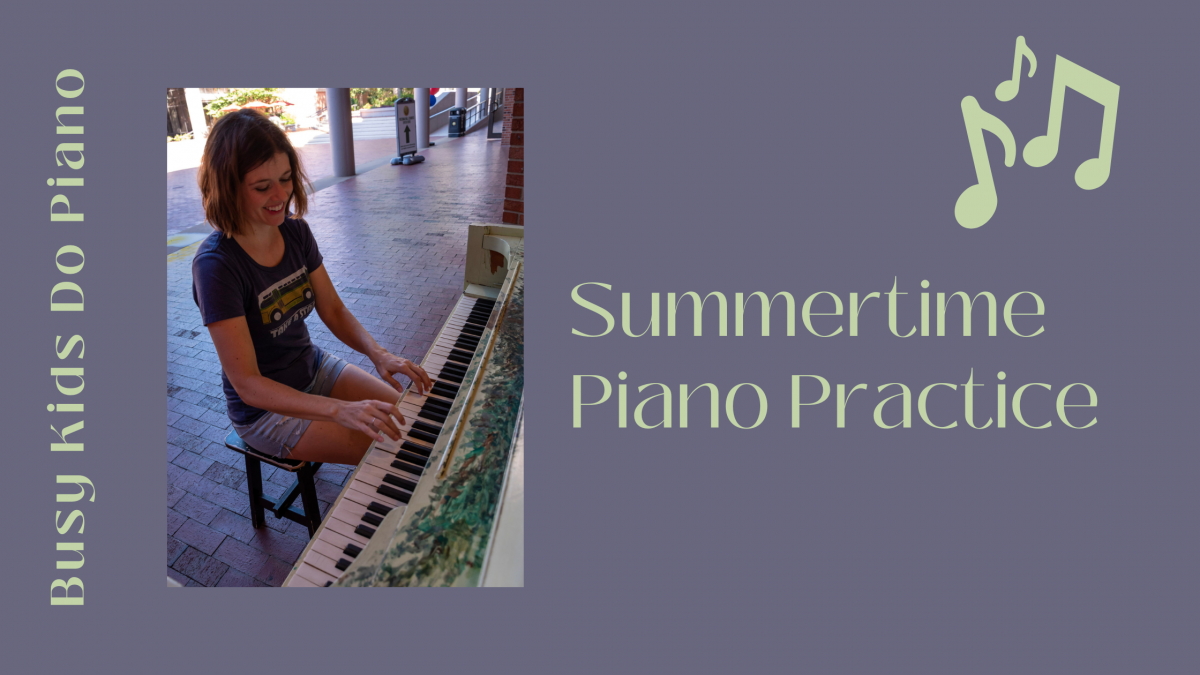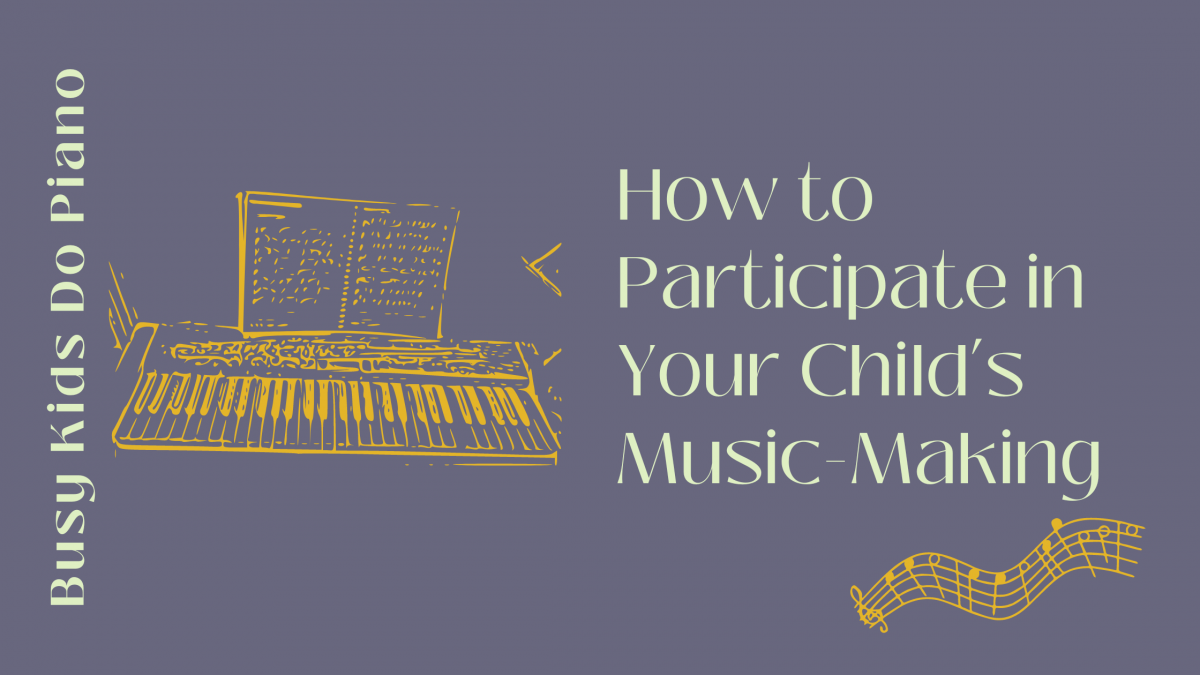A few months ago I surveyed students in my online programs to ask what topic they wanted me to discuss on my Facebook Live broadcasts. I was expecting it to be something about practicing strategies, but overwhelmingly, they chose the topic of “Adding Games to Musical Learning.”
THIS is my specialty! I love making piano lessons and practicing fun, interactive and playful.
Watch the video below for some ideas to add practicing and theory games to your piano routine. Continue reading “Adding Games to Your Musical Learning”

